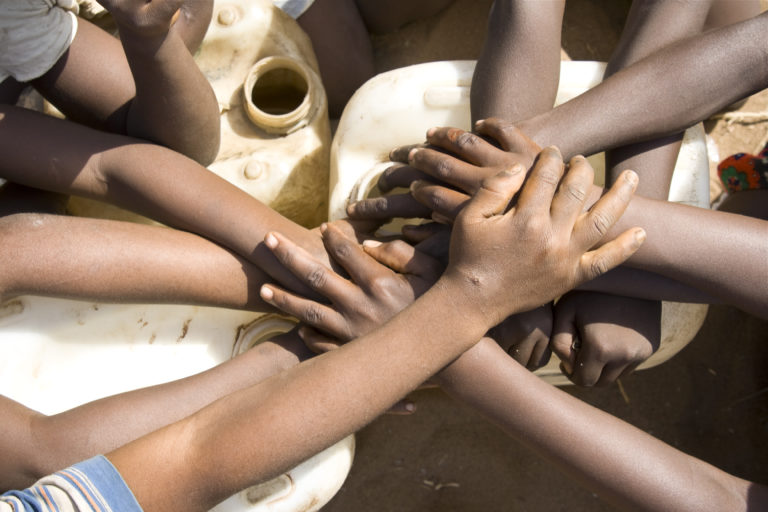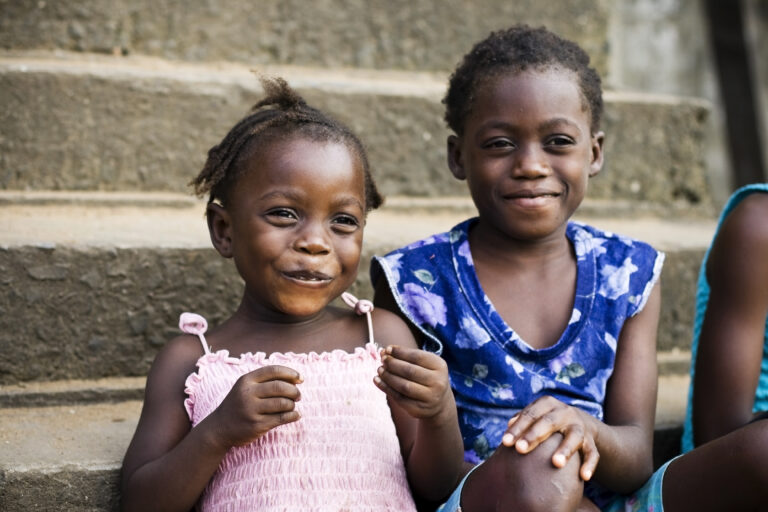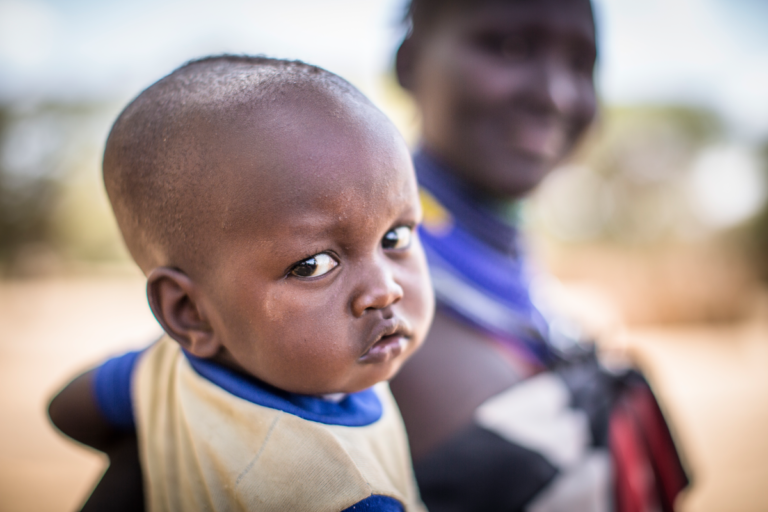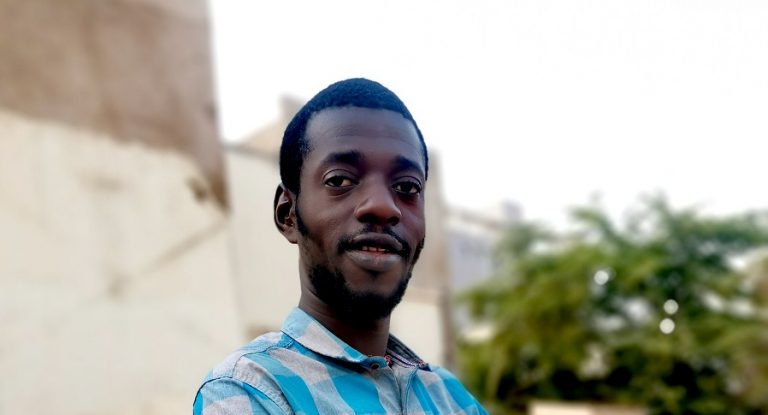Context
Children in West and Central Africa represent 11% of the world child population but 1/3 of global under-five deaths, 1/3 of out-of-school children, and 1/5 of stunted children in the world. The confluence of conflict and violence, deep poverty, demographic pressures, weak governance, chronically high food insecurity, and malnutrition, and the impact of climate change is driving millions to the fringes of survival while humanitarian access is shrinking.
In conflict-affected regions, civilians are facing a protection crisis with compounded impact on the most vulnerable people. The number of people projected to require assistance and protection this year is expected to increase drastically as the drivers of crises remain poorly addressed and further exacerbated by global external shocks (source, CAFU, WCA).
Our activities in the region
Our West and Central Africa Regional Centre provides trainings that are contextualised to the crises affecting specific countries. Trainings include:
- Emergency Response Team (ERT) training
- Humanitarian Operations Programme (HOP) : Designed to help participants understand the fundamental principles of Humanitarian Action.
- Education in Emergencies (EiE): Fundamentals and Certificate of Advanced Studies – Trainings that aim to provide EiE staff with the right skills to deliver timely, high quality Education in Emergencies.
- Child Protection in Emergencies (CPiE): A training that aims to increase the child protection skills of humanitarian workers, especially when it comes to immediate emergency response.
- Humanitarian Mentorship Programme: A Save the Children mentoring programme to develop internal talent across various levels with mentees being supported by their mentor in achieving goals they have identified. Lessons and models can be shared with partners to develop local leadership.
- Country Office Response Training: A training aimed at supporting the Save the Children Country Office teams to understand their collective and individual role in an emergency response – so that they are better able to utilise their Emergency Preparedness Plan (EPP) to respond to a real-life emergency.
- Humanitarian Action Training: A training that is tailored to the unique combination of learning needs of the country. Usually involves participants from partner organizations and government.
- Effective Humanitarian Partnerships: A training designed to promote our belief that any response should ideally be done collaboration with partners in a spirit of mutual learning and responsibility.

This is the beginning of a new career for me. The program helps me look forward and move forward. Until now I was working in development context, now I know I can work in emergencies.”
Upcoming opportunities
Find out the opportunities for in-person training currently available






